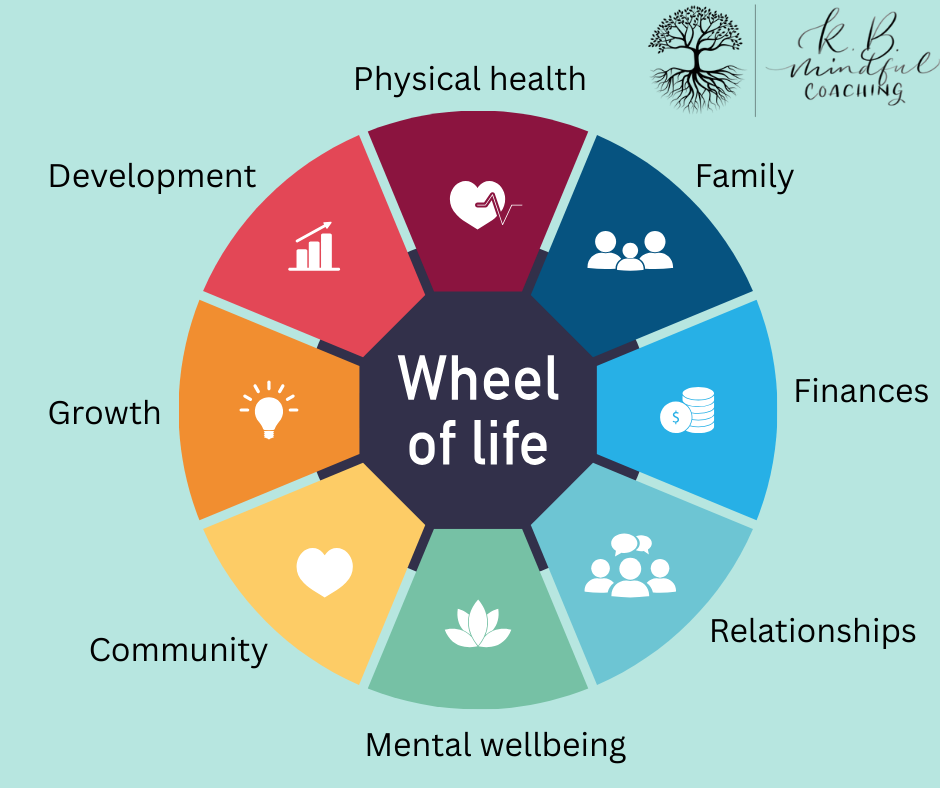Better the devil you know
- kbmindfulcoaching
- Jun 15, 2023
- 3 min read
Updated: Jul 18, 2023
... or is it?!

Why do we think 'better the devil you know'?
The saying refers to our preference for having contact with a person we already know, even though we don’t like them or find them difficult, than with someone we don’t know.
Sometimes the concept is expanded to deal with more than just people – it could be the work we are doing, our routines, where we live, our circumstances, etc.
The eagle-eyed among you may have noticed I used the expression ‘better the devil you know’ in last week’s blog around holding on v letting go – my neighbour had said it to me and I hadn’t heard it for a while – at least explicitly! But of course it got me thinking about why we say or buy into such a concept - just look at what the definition of ‘better the devil you know’ actually includes: you don’t like it /them and find it / them difficult (or annoying, or both!). Is that how we want to spend our valuable time?! Not really.
So, what does this curious expression actually boil down to?
- Fear of the unknown
- Low appetite for risk
- Dealing with uncertainty
- Expectation or dread that something or someone new / unfamiliar will be worse than what we already know
In adulthood, our thinking naturally can skew towards a more pessimistic outlook – after all, we have by then experienced some of life’s disappointments, and we can lose some of our childlike open curiosity of ‘let’s try this, it might be fun, and see what happens’. We get weighed down with possible negative repercussions and ‘what if’s’. Coupled with our brain’s preference to take shortcuts (it likes to preserve energy for problem-solving and tasks that require concentration), it’s no wonder we may think ‘I’d rather face what I know than deal with something new’. In many of our life scenarios, we like stability and predictability because it gives is a sense of control and security.
But it’s very possible that something better is passing us by as a result.
Is there an alternative to better the devil you know?
The slightly uncomfortable truth is that uncertainty is certain! Growing our acceptance of this inevitability is helpful as otherwise we are holding on to a smaller pool of possibilities.
So how do we do this? A few tips and ideas (but I’d also add it’s probably a long game!):
- Remember our spheres of control actually contain a lot less than we may think
- Consider opportunities and positive rewards from our bravery in embracing the unknown rather than seeing only negative repercussions as a likely consequence
- Focus on your priorities in relation to your present circumstances, and the immediate ‘what next’. We can get carried away long into the future and jump ahead, increasing our anxiety of a greater number of unknowns unnecessarily
- Remember you can adapt, change and refocus as you go
- Reframe your view of risk – do you think of it as something to be minimised and mitigated? Could it also be an opportunity for greater reward, growth, development?
- Build your resilience, with kindness and compassion (you can read more about that subject here) so that your ability to deal with uncertainty or risk is more adaptable and comfortable.
Finally, I’d add that the devil we think we know is also more than capable of surprising us too! So is it really a case of the better the devil we know? Honest answer is, there may be times when the answer feels like yes, but I’d also bet that the answer could equally be ‘absolutely not’!
If you’d like some support to break way from your own ‘better the devil I know’ mindset, please do get in touch, as I’d love to see if I can help - kathryn@kbmindfulcoaching.com.



Comments